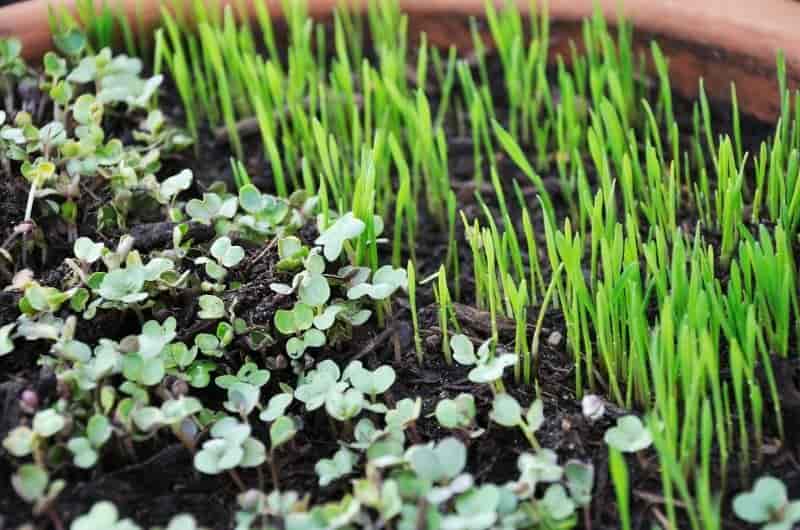The age-old field of agriculture is shifting, & farmers are now more and more vigilant in exploring newer ways to boost their income while at the same time promoting certain sustainable practices. One such promising business idea is for Indian farmers to switch to organic farming with a major focus on cultivating the Nari crop. It is a high-yielding and drought-resistant crop that is gaining immense popularity for its economic as well as environmental benefits. By adopting organic methods, several farmers not only stand to earn bumper profits but at the same time also contribute to a healthier ecosystem.
What is Nari Crop?
Nari crop is a short for Nagpur Rabi Sorghum. It is a kind of crop that is particularly suited to the climate of the Indian subcontinent. Nari crop requires very minimal water and can very strongly withstand very harsh weather conditions, making it the most ideal choice for several farmers who are looking forward to diversify their crops and at the same time ensure a very steady income even in the face of the most unpredictable patterns of weather.
Why Organic Farming?
Organic farming is the practice of growing crops without the use of synthetic pesticides, fertilizers, or genetically modified organisms (GMOs). This method relies on natural processes and inputs, such as compost, green manure, and biological pest control, to maintain soil fertility and control pests. The demand for organic produce is rising globally, and consumers are willing to pay a premium for food that is free from harmful chemicals and grown sustainably. By switching to organic farming, farmers can tap into this growing market and command higher prices for their crops.
The Profit Potential of Nari Crop in Organic Farming
The combination of Nari crop’s high yield and the premium prices associated with organic produce makes this business idea particularly lucrative. Here’s how:
- Lower Input Costs: Organic farming reduces the need for expensive chemical inputs. Farmers can use natural compost and other organic fertilizers, which can often be sourced locally or produced on the farm itself. This leads to significant savings on input costs.
- High Market Demand: There is a growing demand for organic grains and cereals, both domestically and internationally. Organic Nari crop, with its health benefits and eco-friendly cultivation, appeals to health-conscious consumers and can fetch higher prices in the market.
- Sustainable Farming Practices: By adopting organic methods, farmers improve soil health and increase biodiversity on their farms. This not only ensures long-term productivity but also makes the farm more resilient to pests and diseases.
- Access to Premium Markets: Farmers who grow organic Nari crop can access premium markets and even export opportunities. The organic label is a significant value addition that opens doors to niche markets where consumers are willing to pay more for quality produce.
Switching to organic farming with a focus on the Nari crop is a smart business move for farmers looking to maximize profits while minimizing environmental impact. With its low input costs, high demand, and sustainability benefits, the Nari crop offers a viable path to financial success and agricultural resilience. As the world moves towards more sustainable food production, farmers who embrace organic farming stand to reap the rewards of this growing trend.



